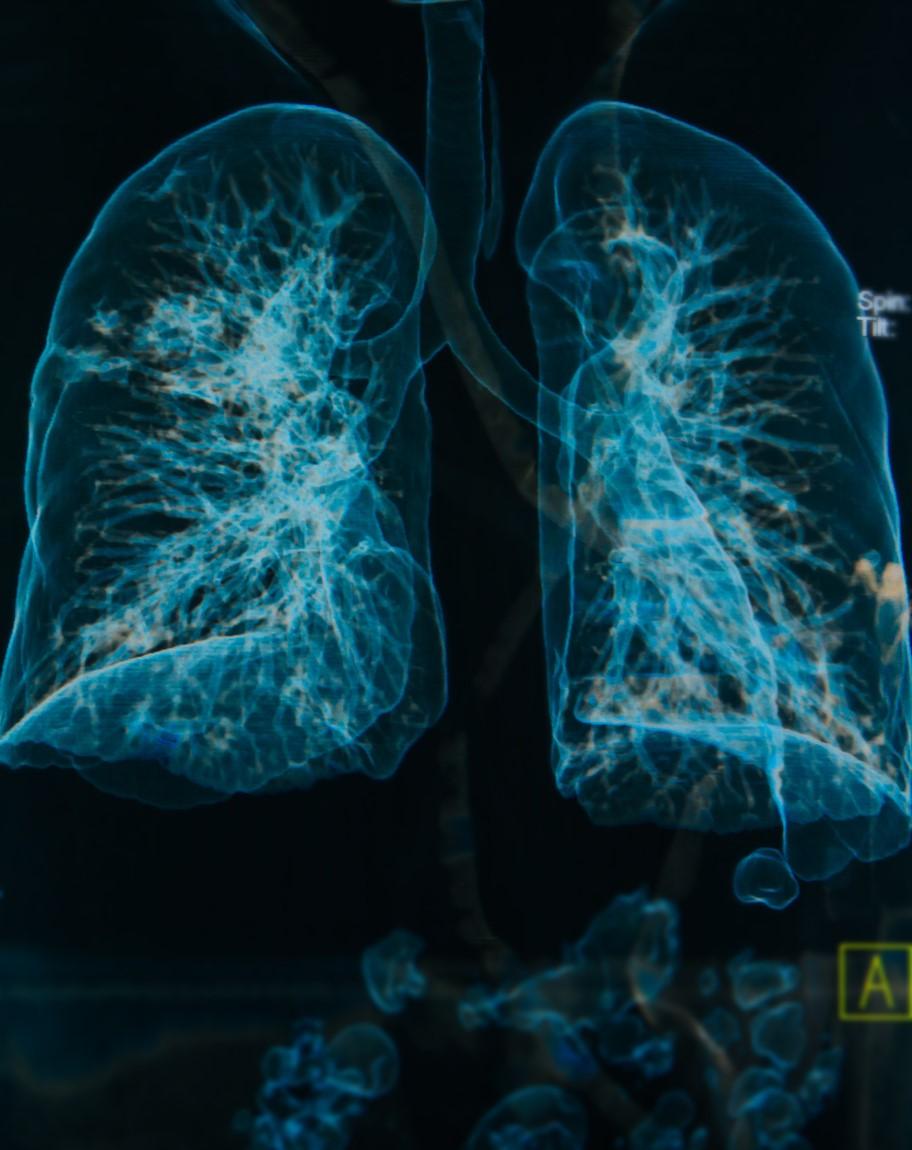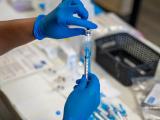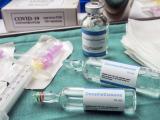A study of the lungs of 41 people who died from COVID-19 in Italy has revealed extensive damage, persistent distortion of the normal organ structure, scarring of respiratory tissue, and massive blood clotting of the arteries and veins, which may help explain why it takes some people—so-called "long haulers"—months to recover from fatigue and shortness of breath.
The results were published yesterday in The Lancet's EBioMedicine journal. While the researchers also examined brain, heart, and kidney tissues, those organs showed no signs of damage or viral replication.
Led by researchers at the University of Trieste and King's College London, the study involved analysis of the lungs from February to April, finding that all 41 patients had extensive lung damage, while 36 of 41 (88%) had massive abnormal blood clotting in the lung arteries and veins.
Nearly 90% of the lungs showed the fusion of smaller cells into giant single cells with many nuclei. The fused cells, or syncytia, are caused by COVID-19's characteristic spike protein, which the virus uses to enter cells; the protein stimulates the fusion of infected cells with normal lung cells, which can lead to structural changes, inflammation, and abnormal blood clotting. These pathologic changes have not been seen in patients with pneumonia caused by pathogens other than the coronavirus, the authors said.
Persistent abnormal cells
In all patients, the COVID-19 genome was found in respiratory cells, cells lining the blood vessels, and the syncytia—even in the later stages of disease. "Presence of abundant cytoplasmic RNA signals and expression of the Spike protein in the lungs after 30-40 days from diagnosis in our study suggests ongoing replication and postulates a continuous pathogenetic role of viral infection," the authors wrote.
They said that the persistence of the virus-infected cells and unique molecular features of the coronavirus spike protein set COVID-19 apart from other pneumonias. "The findings indicate that COVID-19 is not simply a disease caused by the death of virus-infected cells but is likely the consequence of these abnormal cells persisting for long periods inside the lungs," Mauro Giacca, MD, PhD, of King's College London, said in a college news release.
Average patient age was 77 for men and 84 for women. Underlying illnesses included high blood pressure (17 of 41 [41%]), chronic heart disease (13/41 [32%]), dementia (13/41 [32%]), diabetes (12/41 [29%]), and cancer (12/41 [29%]).
The research team is now evaluating the effect of the abnormal cells on blood clotting and inflammation and looking for drugs that may be able to block the COVID-19 spike protein and prevent cell fusion, the news release said.






















